Calyx tube bell or urnshaped, lobes 5(6);Description Pale bastard toadflax is a 4 ″ to 12 ″ tall, erect, often branched, leafy, perennial herb that rises from fibrous roots and horizontal rhizomes It often forms colonies and a single clone can cover a large area It is semiparasitic, deriving water and nutrition from the roots of other plants, but also getting nutrition from photosynthesisBastard Toadflax Comandra umbellata The common epithet, bastard toadflax, while colorful, may mislead;

Geocaulon Lividum
Bastard toadflax berry
Bastard toadflax berry-This video describes how to kill common and Dalmatian toadflax using Green Shoots foam herbicide Common toadflax also known as butter and eggs (Linaria vulHome Ephraim's Grave, 31 May, No Cache Hiker events were scheduled during early summer due to COVID19 concerns, but some hikers arranged to meet for a socially distant hike to Ephraim's Grave




Geocaulon Lividum
Noun 1 pallidum the inner pale yellow part of the lenticular nucleusDatabase of Toxic Plants in the United States Below you will find the comprehensive list of toxic plants that has been compiled from many other sourcesDisk flowertubular, regular, 5merous;
Bastard toadflax bateared fox bathing box batter's box battleax battleax Bax Bayeux beach box bedroom tax beige box Bellatrix bemix benefactrix Benelux benfluorex Bengal fox benquinox bento box Berry paradox Betamax better than sex BEVx bezoar ibex bicomplex biconvex bidding box bifeprunox big box big six bigbox bike box bikini wax Billy WixGreenish to white or purple, apetalous flowers;Usually centre flower female and outer flowers male;
Stems usually unbranched, 10 25 cm tall Leaves alternate, thin, oval, 1 3 cm long, blunttipped, bright green, frequently yellow streaked Flowers in slenderstalked, 2 to 4 flowered clusters from leaf axils;Growing in the gardens are numerous special wildflowers including columbine and solomon's seal and the pretty little bastard toadflax starting to open At the edges of the glades, where there's rocky grit for soil but plenty of sunshine, there are huckleberries bursting with fruitMoist to dry sandy or rocky soil;




Calphotos Comandra Umbellata Ssp Californica California Bastard Toadflax




Geocaulon Lividum
Bastard Toadflax Thesium humifusum Down Shieldbug Canthophorus impressus Yesterday myself and a fellow wildflower enthusiast spent four hours on our hands and knees on Berry Head You may well ask!Drymesic prairie is a native grassland community dominated by big bluestem ( Andropogon gerardii ), little bluestem ( Schizachyrium scoparium ), and Indian grass ( Sorghastrum nutans ) The community occurs on sandy loam or loamy sand on level to gently sloping sites of glacial outwash, coarsetextured end moraines, and glacial till plainStamens 1 mm long and hairy at the base Fruits Berrylike, dry to fleshy, blue to purple or brown, 49 mm long Notes
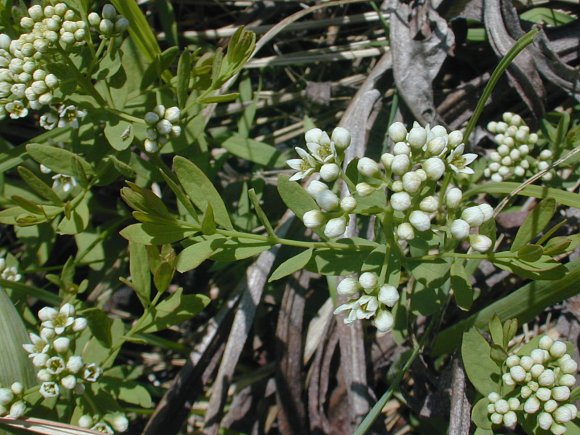



Bastard Toadflax Comandra Umbellata




Comandra Umbellata Bastard Toadflax Go Botany
False Toadflax, Timberberry, Pumpkinberry, Redfruited Bastard Toadflax Genus Geocaulon Family Comandraceae (Bastard Toadflax) Life cycle perennial Origin native Habitat part shade, shade;SessileFlower subtended by bractlet;Stamen base hairtuftedFruit crowned by persistent calyx 4 species 3 America, 1 Europe (Greek hair, man, for hairy stamen bases) Unabridged references Piehl 1965 Mem Torrey Bot Club




Northern Comandra Geocaulon Lividum Orange Drupes Fleece Blanket For Sale By Stephan Pietzko




Geocaulon Lividum
Parent Directory b52/ 0013 bcomplex_vitamin/ 0013The First Leafing Out For A Number Of Trees And Shrubs;Orangeberry Bastard Toadflax Hierochloe hirta arctica Common Sweetgrass Juniperus communis Common Juniper Juniperus horizontalis Creeping Juniper Lappula squarrosa Bristly Stickseed Lupinus arcticus Arctic Lupine Lupinus kuschei Yukon Lupine Minuartia rubella Red Sandwort Oxytropis campestris varians Alaskan Locoweed Oxytropis splendens Showy
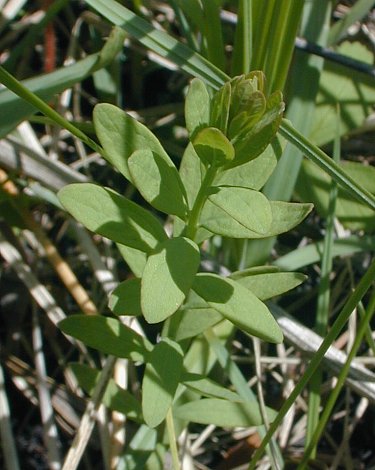



Bastard Toadflax Comandra Umbellata




Toadflax Tumblr Posts Tumbral Com
Bastard toadflax, any of several small annualor perennialherbs of the sandalwood family (Santalaceae) that have narrow leavesresembling those of true toadflax(Linaria) In North Americathe name bastard toadflaxrefers to Comandra umbellata, the sole member of its genus The plantis sometimes parasiticon the roots of other plants and has creeping roots, small whiteComandra Sp Bastard Toadflax Rhizome extensive Stem green, bluegreen, or ±White baneberry ( Actaea pachypoda) poisonous Also known as Doll's Eyes because the black dot on the smooth white berry is reminiscent of the eyes of china dolls (This is what I love about wildflowers they have such wonderfully descriptive traditional names One of my favorite such names is Bastard Toadflax




Bastard Toadflax On The Trails In Juneau




Geocaulon Lividum
Northern Comandra, aka Northern Bastard Toadflax, Geocaulum lividum Found growing around many rocky areas around La Ronge Its foliage is bronze in fall, which is distinct from the other berry plants The berries are orangered and soft and juicy They have a nonbitter flavour, though references call its edibility questionableChristmas plants A berry merry season Plant type Bastardtoadflax family, Santalaceae Flowers FebruaryApril;Commonly used words are shown in boldRare words are dimmed Click on a word above to view its definition




Geocaulon Lividum




Borealplants Instagram Posts Gramho Com
Red raspberry (Rubus idaeus), bastard toadflax, American vetch (Vicia americana), and harebell (Campanula rotundifolia) , although these can also be diagnostic for FDn22c ( see below), which occurs in the same general habitats as FDn22aBastard Balm Bastardtoadflax Bavarian Bastardtoadflax Bearberry Berry Catchfly Biennial Saxifrage Blackberry or Bramble Black Bindweed Black Nightshade Bladder Campion is Silene vulgaris Pink family Bladderseed Blinks is Montia fontana Purslane family Bluebell is Hyacinthoides nonscripta Lily family Bogbean122) In addition to numerous writings on the natural history of Concord Massachusetts, Henry David Thoreau bord UDUS HO for the first arrival of numerous flora and fauna surrounding Walden Pond The dates for first blooms of dozens of flower species, the first leafing out for a number of trees and shrubs, the arrival of scores of species of
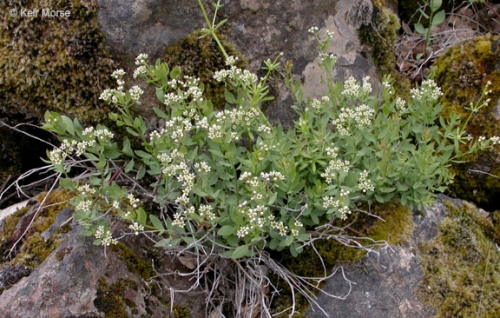



Bastard Toadflax Comandra Umbellata




Bastard Toadflax Comandra Umbellata L Nutt
3 Asteraceae (Compositae)–Daisy or Sunflower Family Genera 800 Species 23,000 Habit Mostly herbaceous Inflorescence Head of flowers surrounded by involucre of bracts (phyllaries) Flower 2 types, sometimes together on same receptacle;Thesium (Umbelled) = Comandra umbellata (BASTARD TOADFLAX) IV 79, 80, XII 199 Thimbleberry = Rubus occidentalis (BLACK RASPBERRY) I 424, II 2, 324, III 472, 473, 485, IV 26, 115, 1, V 127, 198, 310, VI 9, 216, 217, 232, 298, 308, 334, 381, 390, 403, VII 329, 330, 357, VIII 409, 416, 421, IX 108, X 185, 365, XI 308, XII 162, 226, 322, XIII 260, XIV 262Fruits NovemberDecember Height Forms clumps up




Bastard Toadflax Berries Comandra Umbellata Dane County W Flickr
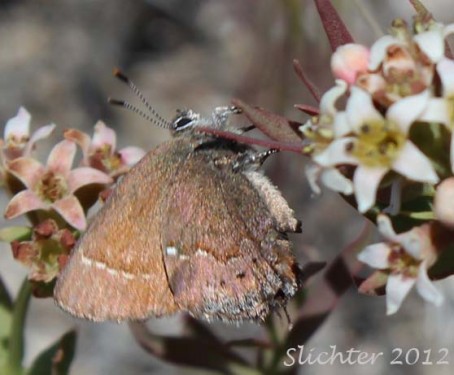



Comandra Umbellata Bastard Toadflax Santalaceae
Thesium humifusum Bastardtoadflax R DD N The attraction of Devil's Dyke at this time of year was the Lizard Orchid (Himantoglossum hircinum) but along with many other naturalists, we looked for butterflies and other flowers on the way to the known site In the grass, low down I spotted this small white flower which may be common to theShipping About Bastard Toadflax is a hemiparasitic species in the Sandalwood family that will often attach to a host plant to meet nutritional and/or water needs (see Germination Code K, right) Please note, this seed is VERY difficult to germinateNeither the flower nor leaves resemble a flax or a toadflax Toadflax, a common name given to several plants in the Scrophulariaceae family, received its name because the flowers be yellow, having a mouth unto a frog's mouth, according to John Gerard's 1597 Herbal, although




Santalaceae Images Invasive Org




Penelopedia Nature And Garden In Southern Minnesota Interesting Woodland Berries Mostly Poisonous
Well, we were looking for the rare and very tiny plant, Small Hare's Ear Bupleurum baldenseFlwrs in small clusters on twigs ofQuestion 122) In Addition To Numerous Writings On The Natural History Of Concord Massachusetts, Henry David Thoreau Took Meticulous Notes On The Specific Date Of The Year For The First Arrival Of Numerous Flora And Fauna Surrounding Walden Pond The Dates For First Blooms Of Dozens Of Flower Species;



E Flora Electronic Atlas Of The Flora Of



Bastard Toadflax The Echinacea Project
Pacific Black Berry (1) Pacific Black Snakeroot (1) Pacific Blackberry (3) Pacific Blacksnakeroot (18) Pacific Blazing Star (4) Pacific Blazingstar (4) Pale Bastard Toadflax (7) Pale Beardtongue (14) Pale Bellflower (12) Pale Biddybiddy (2) Pale Birthwort (3) Pale Blue Flax (3) Pale Blue Gentian (6) Pale Claytonia (5)Comandra umbellata (L) Nutt Bastard toadflax is parasitic on the roots of trees and shrubs Family bastard toadflax (Comandraceae) Habitat dry fields, thickets, and open woods Height 618 inches Flower size 1/8 inch across Flower color white Flowering timeBlood of a Goose Milk of the Mulberry Tree Morus nigra Blood of a Snake Hematite mineral form of Iron oxide (Fe2O3) Blood of an Eye Tamarisk Gall T amarix orientalis Blood of Ares Purslane Portulaca Spp Blood of Hephaistos Wormwood Artemisia Absinthium Blood of Hestia Chamomile Anthemis Nobilis




Bastard Toadflax Comandra Umbellata L Nutt
_mary-vaux-walcott__16117.1625532324.jpg?c=2)



Bastard Toadflax Comandra Pallida By Mary Vaux Walcott
This is the main index page of the plant profiles The list of plants are sorted by family name (both scientific and common family name) Each plant in the list contains its scientific, english and Maltese name and a small thumbnail image, so that one could easily rekognize the plant interested in Each plant profile in the database contains nomenclature info, botanical data, plant descriptionTaiga boreal forest floor nature background pattern of false bastard toadflax, geocaulon lividum, or northern comandra with ripe orange drupe fruitsBastard Toadflax is semiparasitic, feeding on other plants through its rhizomes The DNR lists 2 varieties in Minnesota var pallida, which has a waxy coating on leaves, and var umbellata, which lacks the waxy leaves There are no herbarium records of var pallida in Minnesota but it is most likely to be in western counties




Geocaulon Lividum




Red Fruited Bastard Toad Flax Geocaulon Lividum Also Kno Flickr
Ray flowers (ligule), irregular Stamen 5 united at anthers Pistil 2lobed stigma, 1 style Ovary Inferior CalyxFlowers Inflorescence of terminal, compact clusters of somewhat bellshaped;California Bastard Toadflax (11) California Bay (60) California Bay Laurel (14) California Bay Tree (3) California Beaked Hazelnut (2) California Beakedrush (4) California Beaksedge (11) California Bearpoppy (6) California Beardtongue (7) California Bearpoppy (29) California Bedstraw (52) California Bee Pant (1) California Bee Plant (40



Alaska Wildflowers Us Geocaulon Lividum Richards Fern




Geocaulon Lividum
Service berry Big sagebrush Rabbitbrush Rabbitbrush Juniper Chokecherry Bitterbrush Rose Snowberry Y arrow Aster Bastard toadflax Wild buckwheat Storkbill Ivory seeded borage Lupine Oregon grape Knotweed Five finger Beardless wheatgrass Slender wheatgrass Mountain brome Sedge Basin wildrye Junegrass Oniongrass Kentucky bluegrassWe list 235 species of native shrubs, subshrubs, and lianas known to occur in New Hampshire The exact number is tricky to pin down because some shrub species can also occur in tree form Others are subshrubs, dwarf shrubs or perennial plants that are woody only near the base, where new growth above the base dies back each yearBastardtoadflax Comandra (Comandraceae) bastardtoadflax6 Comandra umbellata 6 Bayberry Morella (Myricaceae) small bayberry Morella caroliniensis Bearberry Arctostaphylos (Ericaceae) red bearberry6 Arctostaphylos uvaursi 6 Birch Betula (Betulaceae) bog birch1 1 Betula pumila dwarf birch 2, 6 2, 6 Betula minor
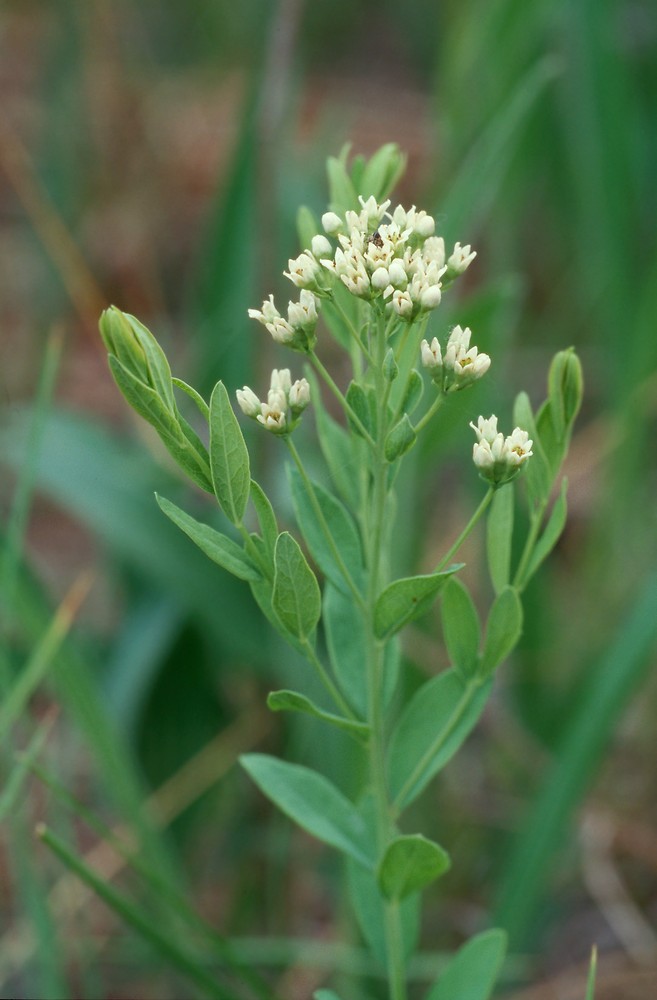



Comandra Umbellata Bastard Toadflax Go Botany




Bastard Toadflax Natural Areas Notebook
Comandra umbellata (Linnaeus) Nuttall subsp umbellata Star Toadflax, Bastard Toadflax NF, LAB Junction of the town access road into Port au Choix and the original coast highway Limestone area Digital John Maunder Whole Plants Whole Plants Blowmedown Mountain Trail, Humber Arm Serpentinerich gravelsWildflowers and other wildgrowing plants found here in Arizona, mainly from the Sonoran Desert and the areas around Tucson, but also from other parts of Arizona as wellBastard balm Bastard fig Bastard oleaster Bastard stoneparsley Bastard toad flax Bastard toadflax Bath asparagus Bawbaw berry Bay tree Bay willow Bayberry Bayonet grass Beach aster Beach flax lily Beach grass Beach pea Beach pea Beach pine Beach plum Beach strawberry Beach wormwood Beachhead iris Bead plant Bead tree Beaded sedge Beak willow




Bastard Toadflax Berries Comandra Umbellata South Of Wall Flickr



Minnesota Seasons Bastard Toadflax Ssp Umbellata
Boreal forest, thickets, bogs, fens Bloom season June July Plant height 4 to 12 inches Wetland Indicator StatusSantalaceae A (sandalwood) 1 Comandra (bastard toadflax) 2Geocaulon shrub 0 4 4/8 0/ 0 4 0 1 dioecious;Calyces tubeshaped with 5 spreading lobes;




Comandra Blister Rust Cronartium Comandrae On Bastard Toadflax Comandra Umbellata
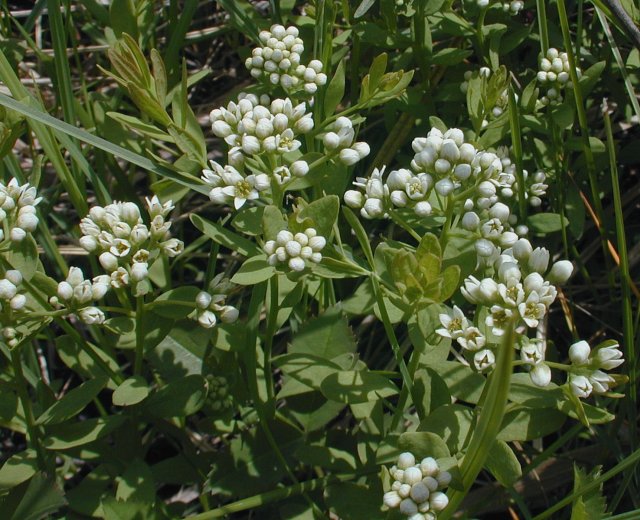



Bastard Toadflax Comandra Umbellata
Description General an erect, perennial, from creeping, threadlike, reddish rhizomes;Name Last modified Size Description;Petallike sepals 1 15 mm long,



Minnesota Seasons Bastard Toadflax Ssp Umbellata




Family Santalaceae Photos Free Royalty Free Stock Photos From Dreamstime
Bastard Toadflax Beakpod Nippletwist Beauty Rockcress Bedgroundweed Berry Pricklypear Big Basin Sagebrush Big Sagebrush Bigelow's Sage Bigelow's Sagebrush Bilobe Larkspur Bindweed Birchleaf Buckthorn Blackbrush Blazing Star Bluestem Penstemon Bottlebush Bottlestopper Boxelder Bridges Eveningprimrose Brigham's Tea Brittlebush BroadleafSpp, bastard toadflax Comandra umbellata, lousewort Pedicularis spp and oneflowered broomrape Orobanche uniflora Parasitism is part of the array of survival strategies for plants growing in challenging environments Because Indian paintbrush roots need to be attached to another host plant (grass, sagebrush, penstemon,Comandra umbellata (Bastard Toadflax) (H) Loranthaceae (Mistletoe Family) Phoradendron serotinum (Mistletoe) Aristolochiaceae (Birthwort Tail Family) Hexastylis arifolia (Heartleaf) (H) Polygonaceae (Buckwheat Family) Polygonum lapathifolium (Dockleaved Smartweed) (H) Polygonum persicaria (Smartweed) (H) Chenopodiaceae (Goosefoot Family)



Comandra Umbellata Bastard Toadflax Minnesota Wildflowers
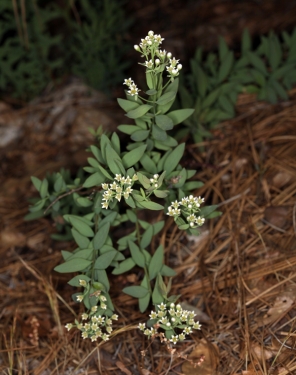



Bastard Toadflax Comandra Umbellata
Bastard toadflax Bristly Bird's Beak Beaked hazelnut Baker's hawksbeard Bisbee peak rushrose Bearded cryptantha Buckhorn cholla Blue &Bastard Toadflax (Comandra umbellata) BastardToadflax Comandra umbellata Sandalwood family (Santalaceae) DescriptionThis herbaceous perennial plant is up to 1' tall;White daisybush Black sapote Bigelow mimulus Bigelow's monkeyflower Bigelow's monkeyflower Bolander's monkeyflower Blue dicks Barnyardgrass Billiondollar grass Bald spikerush Bearded wheatgrass Barley squirreltail



Bastard Toadflaxes Mistletoes
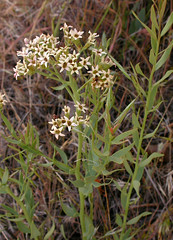



Link Is External
Its leafy stems areeither unbranched or sparingly branched The stems are light green orlight reddish green, terete, and glabrous Abundant alternate leavesoccur along the entire length of each stem



Minnesota Seasons Bastard Toadflax Ssp Umbellata



Minnesota Seasons Bastard Toadflax Ssp Umbellata




Toadflax Lovetoknow




Berries Other Than Vaccinia In The Subalpine Comox Valley Nature




Bastard Toadflax Comandra Umbellata L Nutt




Northern Exposure Gardening Northern Wild Berries And Other Edibles



Bastard Toadflaxes Mistletoes




Comandra Umbellata Bastard Toadflax Go Botany



Comandra Umbellata Bastard Toadflax Native Plants Of North America




Bastard Toadflax Comandra Umbellata L Nutt




Comandra Umbellata Bastard Toadflax Go Botany




Claire M Curry That Bastard Toadflax



Bastard Toadflaxes Mistletoes




Bastard Toadflax Comandra Umbellata Jungledragon




Geocaulon Lividum Bastard Toadflax
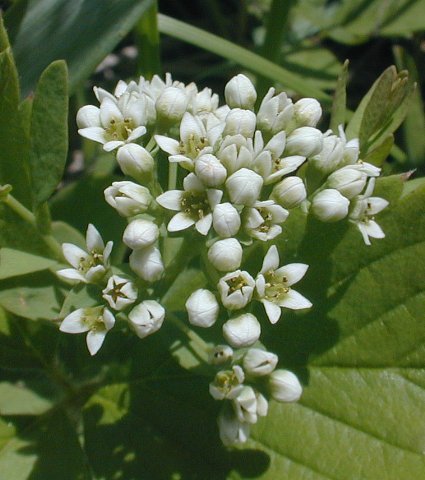



Bastard Toadflax Comandra Umbellata



Comandra Umbellata Bastard Toadflax Minnesota Wildflowers



Minnesota Seasons Bastard Toadflax Ssp Umbellata




Claire M Curry That Bastard Toadflax



Geocaulon Lividum Northern Comandra



Bastard Toadflaxes Mistletoes
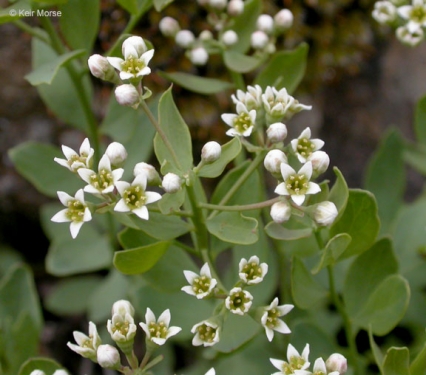



Bastard Toadflax Comandra Umbellata




Bastard Toadflax Comandra Umbellata Desertusa




Bastard Toadflax Comandra Umbellata L Nutt




Comandra Umbellata Bastard Toadflax Go Botany




Comandra Wikipedia
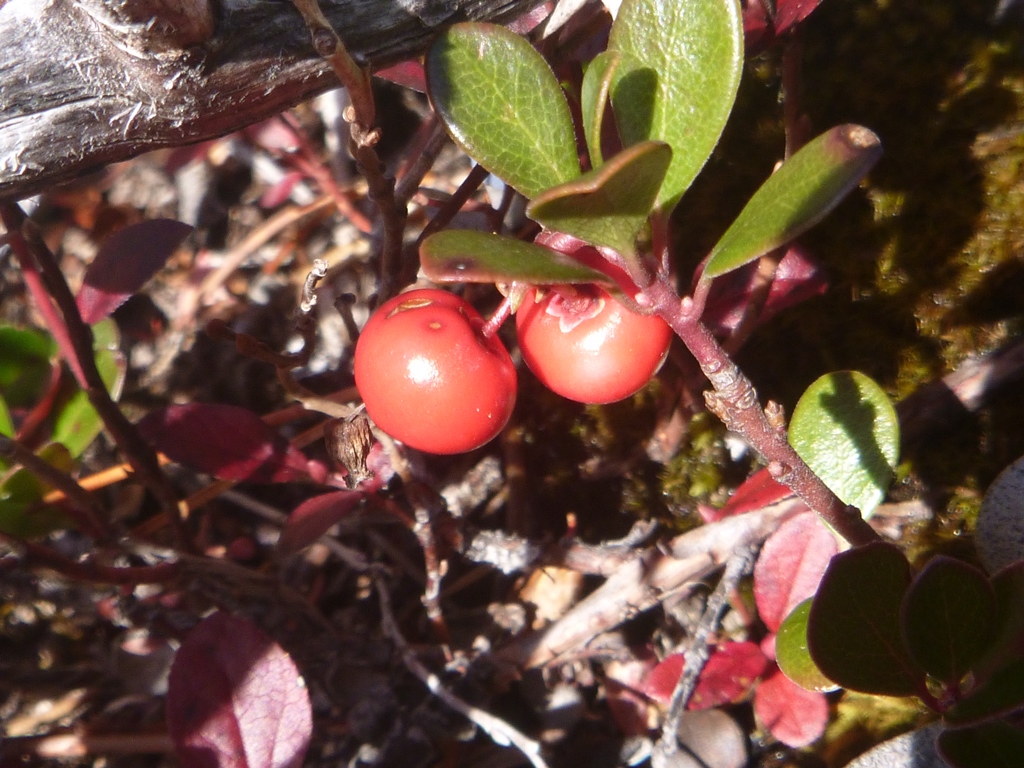



Berries Other Than Vaccinia In The Subalpine Comox Valley Nature




Geocaulon Lividum Bastard Toadflax



Comandra Umbellata Bastard Toadflax Minnesota Wildflowers




Berries Other Than Vaccinia In The Subalpine Comox Valley Nature
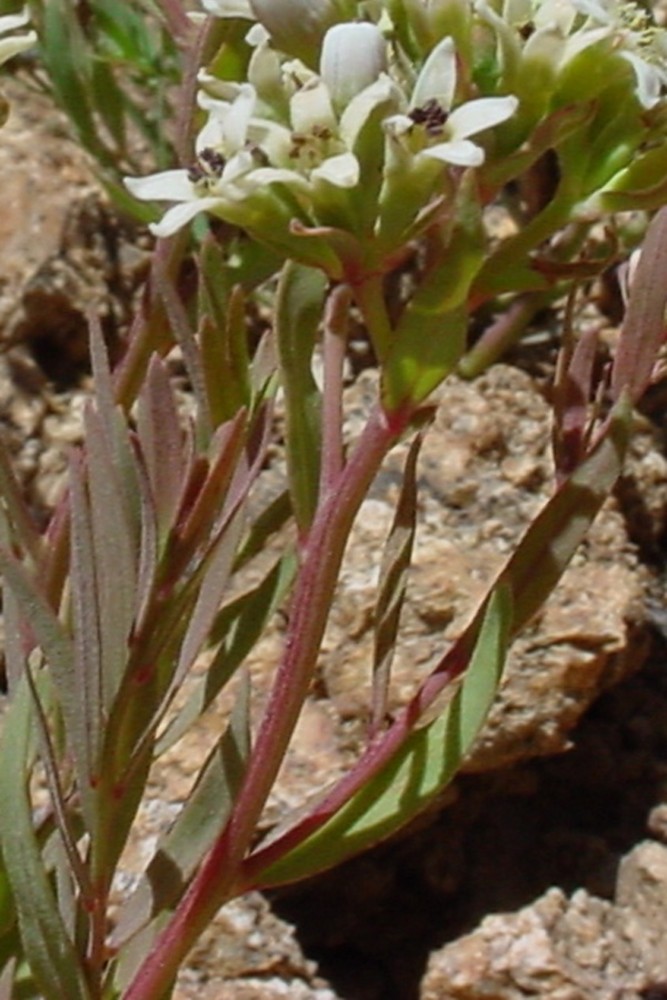



Comandra Umbellata Bastard Toadflax Go Botany
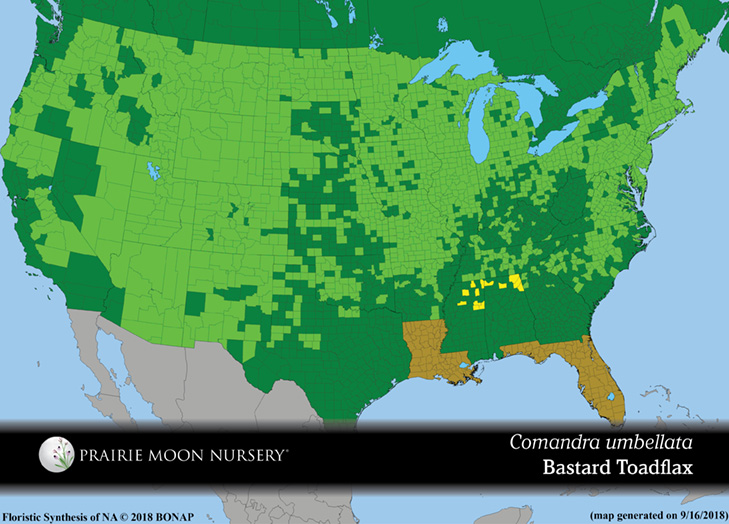



Comandra Umbellata Bastard Toadflax Prairie Moon Nursery




Is This Bastard Toadflax Or Flowering Spurge Or Neither Found In Zone 5b Prairie Habitat Whatsthisplant



Geocaulon Lividum Northern Comandra Minnesota Wildflowers




Bastard Toadflax Missouri Department Of Conservation



Bastard Toadflax Comandra Umbellata



Alaska Wildflowers Us Geocaulon Lividum Richards Fern




Comandra Alchetron The Free Social Encyclopedia
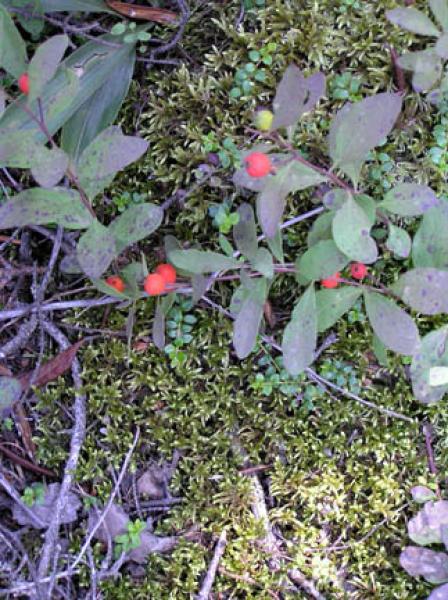



False Toad Flax Guide New York Natural Heritage Program
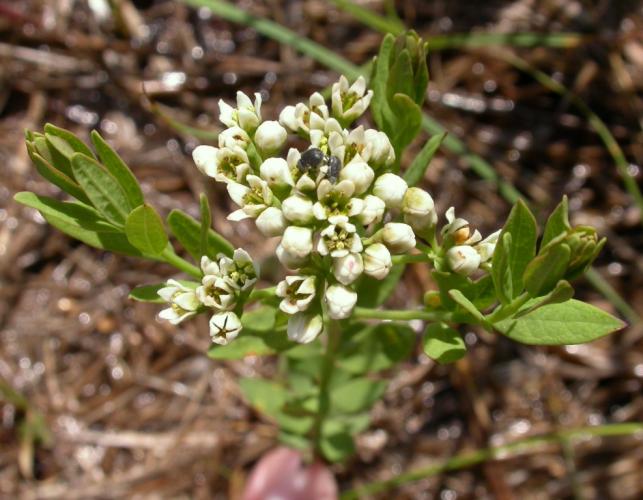



Bastard Toadflax Missouri Department Of Conservation
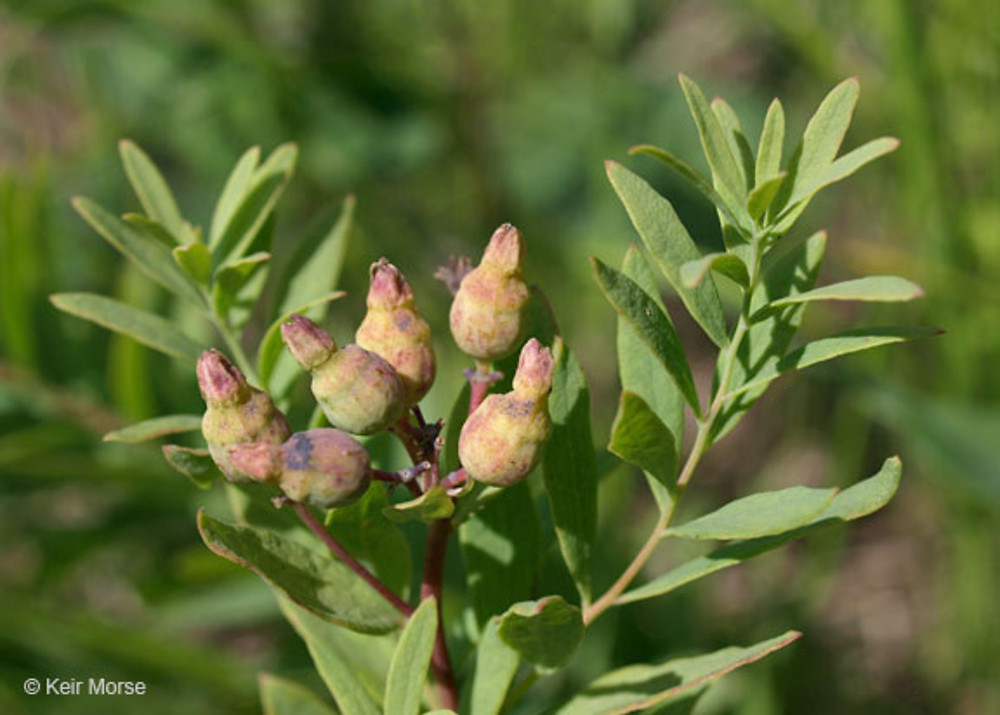



Comandra Umbellata Bastard Toadflax Go Botany



Minnesota Seasons Bastard Toadflax Ssp Umbellata
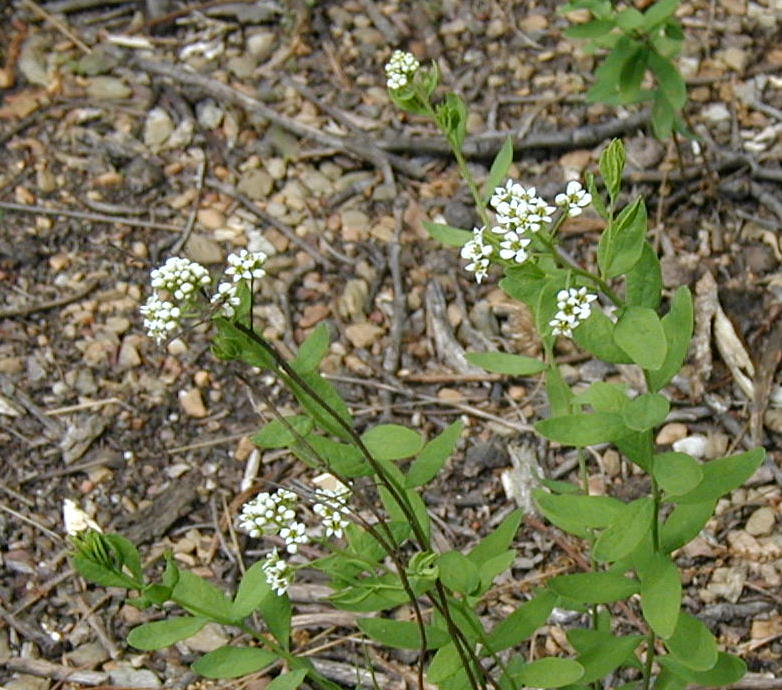



Bastard Toadflax A Parasitic Woodland Herb




Northern Comandra Geocaulon Lividum Orange Drupes Taiga Boreal Forest Floor Nature Background Pattern Of False Bastard Canstock
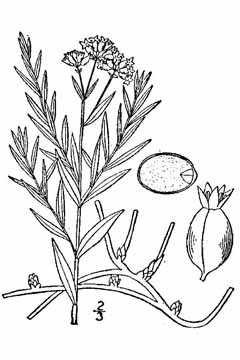



Comandra Pallida Pale Bastard Toadflax Pfaf Plant Database




Comandra Umbellata Bastard Toadflax Southeastern Arizona Wildflowers And Plants



Geocaulon Lividum Northern Comandra Minnesota Wildflowers



Comandra Umbellata Bastard Toadflax Minnesota Wildflowers



Minnesota Seasons Bastard Toadflax Ssp Umbellata



Comandra Umbellata Bastard Toadflax Minnesota Wildflowers




The Power Of Bastard Toadflax Bur Oak Land Trust




Bastard Toadflax Comandra Umbellata L Nutt




Geocaulon Lividum




Bastard Toadflax Comandra Umbellata L Nutt Filters Aut Rob Routledge Sault College
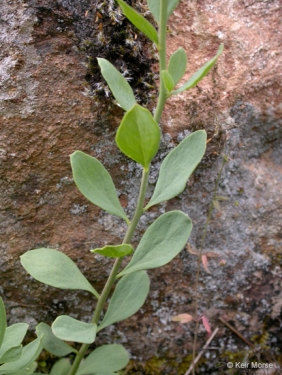



Bastard Toadflax Comandra Umbellata




Bastard Toadflax A Parasitic Woodland Herb



Minnesota Seasons Bastard Toadflax Ssp Umbellata
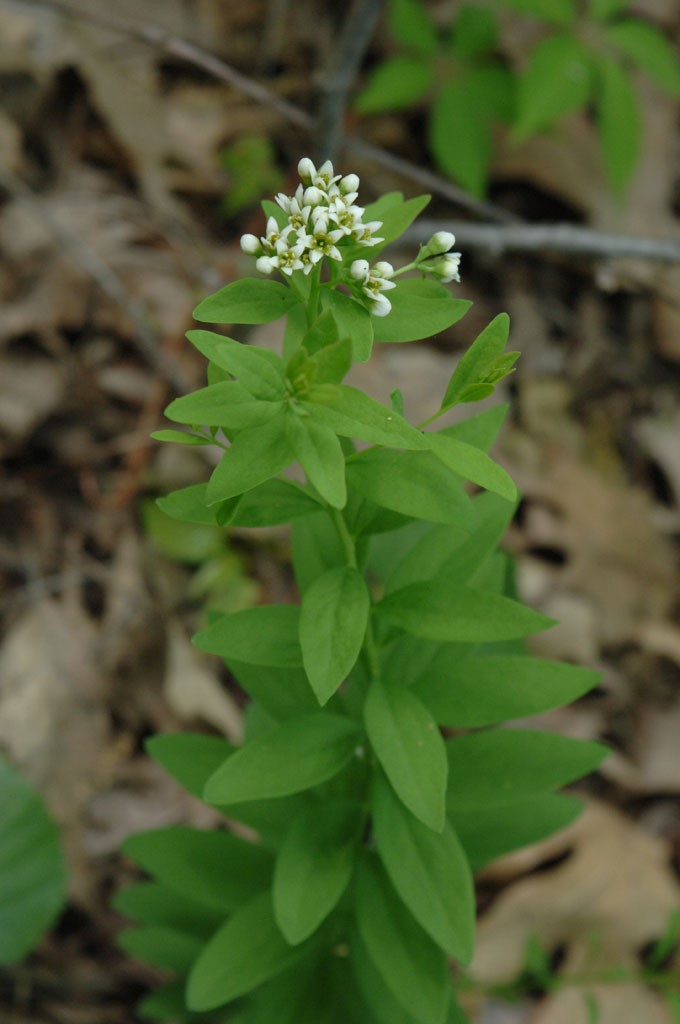



Comandra Umbellata Bastard Toadflax Prairie Moon Nursery
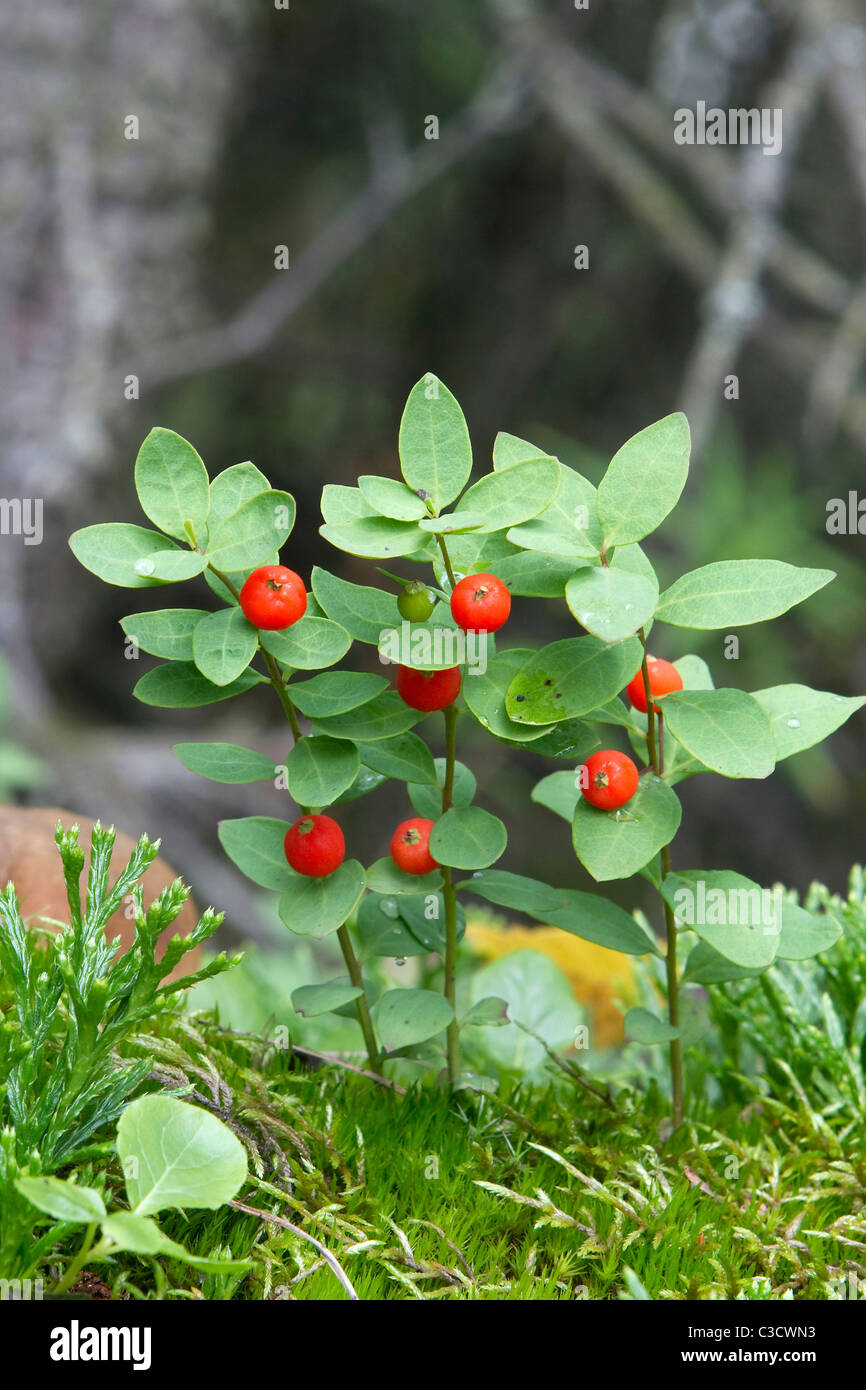



Northern Bastard Toadflax Geocaulon Lividum Fruiting Plant Alaska Usa Stock Photo Alamy




Berries Other Than Vaccinia In The Subalpine Comox Valley Nature




Comandra Umbellata Bastard Toadflax Go Botany
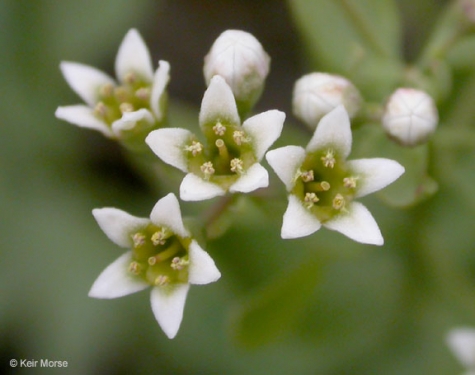



Bastard Toadflax Comandra Umbellata



0 件のコメント:
コメントを投稿